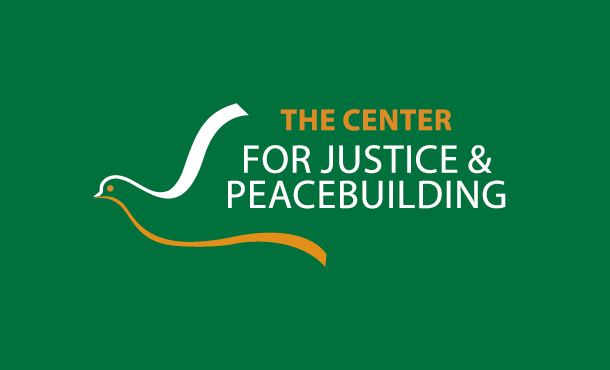For Eastern Mennonite University’s Summer Peacebuilding Institute, the COVID-19 pandemic has become an opportunity to flourish and expand rather than another cancelled event.
SPI Online 2020 is slated for a fully online delivery, and administrators are seeing a previously untapped market of prospective participants who could not have afforded to travel or would not have been issued a visa in the current environment.
“Since 9/11 it has gotten more and more difficult for those who want to join SPI to get visas. We are excited that so many will be able to join us this year. It is a good reminder that every crisis is also an opportunity if we can rethink our assumptions about how things must be done,” said Jayne Docherty, CJP executive director.
Much of the unique value of SPI, as longtime attendees know, is the opportunity to learn from peacebuilders from around the world within and outside of classes. SPI administrators are rising to the challenge of fostering connection and relationships, even in a technological format.
“It’s forced us to articulate our culture,” said Docherty. That means “opportunities for people to learn from each other, not just from the instructor,” as well as opportunities for reflection on how students will apply the teachings to their own peacebuilding practices.
“This is engaged learning online,” Docherty said.
Course offerings have changed somewhat in light of this new format – some will just be available for professional development, and some for academic credit. CJP has reduced the cost of both types of classes: $495 per professional development course and $656 per credit hour for academic credit courses.
The classes will all run simultaneously from May 11 to June 12, with a mix of live group sessions, small virtual gatherings, and videos and assignments to be completed solo. The technology support team will work with participants during the week of May 4 so everyone can join the classes smoothly and without any technology problems.
CJP has hired instructional designer Sharon Tjaden-Glass to optimize the online experience. Classes will use a combination of platforms including Zoom for video conferences, Moodle for collating assignments, and VoiceThread, which allows students watching an online lecture or other media to pause, leave a video comment, and interact with one another’s videos.
The social component of SPI is vital to the program, Docherty said, like “all the conversations over coffee hour, or in the residence halls late at night, or in the dining hall.” One way they intend to foster this is through virtual group dances hosted by Katie Mansfield, Strategies for Trauma Awareness and Resilience trainer.
While retooling an experiential learning program with international attendees in just a matter of weeks has taken a lot of work, “this pushed us to live up to our values,” said Bill Goldberg, director of SPI. Cancelling was not an option.
“The reality is the world needs this, especially now. The world’s going to be changed after this pandemic. We all know that,” Goldberg said. “How do we deal with those who are traumatized? How do we deal with justice issues differently?”
For more information and to apply to the Summer Peacebuilding Institute Online 2020, click here. Course offerings are listed below.
For Professional development or academic credit
- Transforming Community Spaces through Equitable Collaboration
- Digital Peacebuilding and Peace Tech: Understanding Media, Conflict, and Online Violent Extremism
- Circle Processes
For professional development only
- Introduction to Restorative Justice
- Trauma, Resilience, and Healing in Times of the Pandemic
- Designing Processes for Conflict Transformation: Dialogue, Deliberation, and Decision-Making
- Conducting Organizational Assessments in Times of Conflict
